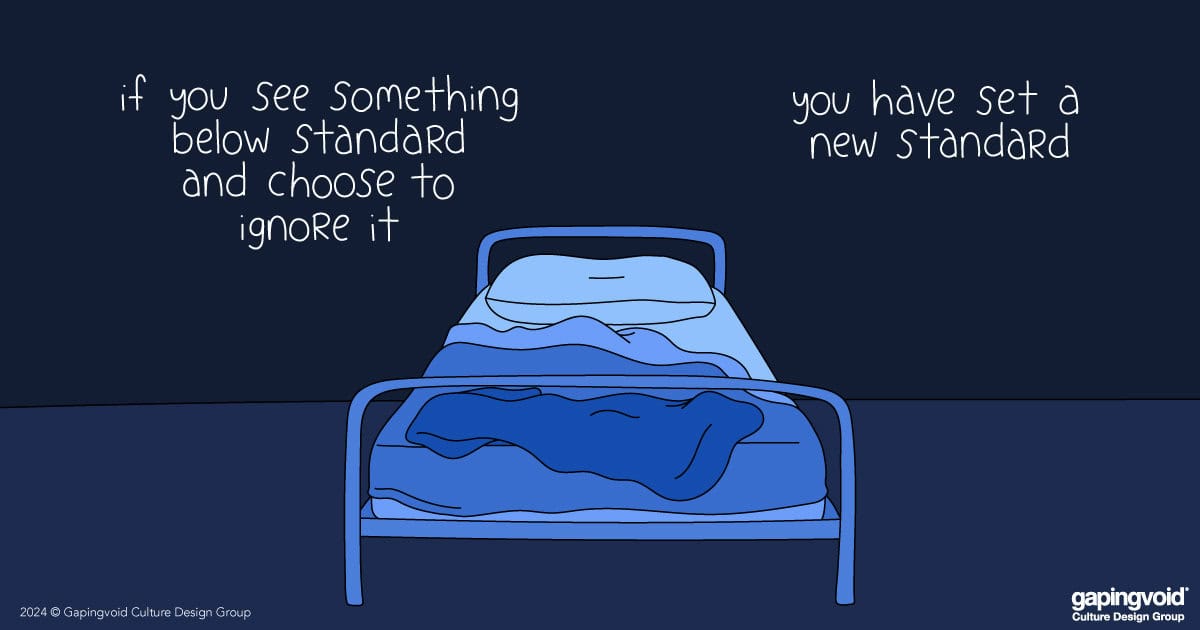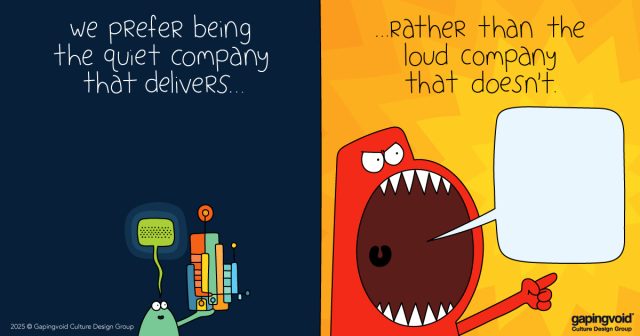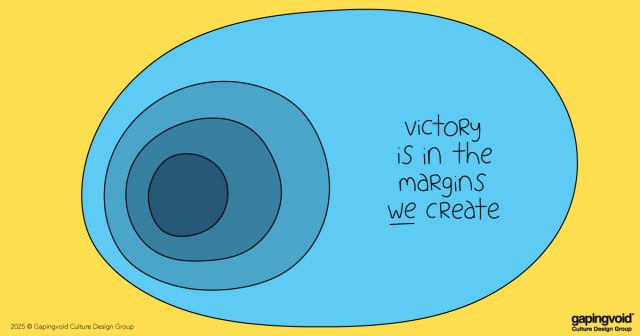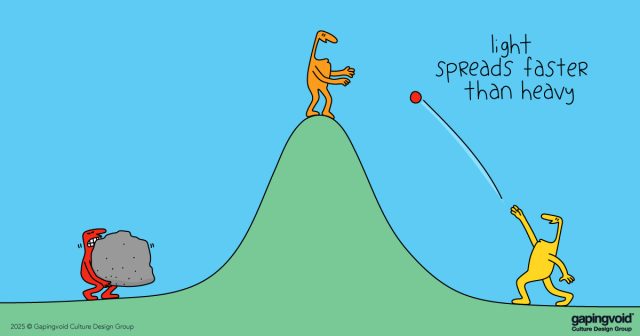
Isn’t it strange how, once upon a time, our Presidential debates literally sounded like this:
“I have no disagreement with the Vice President’s position on that. My view is the same as his. Let me say there is only one point I would add…”
“And we have to get the very most out of our economy. I agree with Senator Kennedy completely on that score. Where we disagree is in the means that we would use to get the most out of our economy. I respectfully submit that Senator Kennedy too often would rely too much on the federal government…”
“I know Senator Kennedy feels as deeply about these problems as I do, but our disagreement is not about the goals for America but only about the means to reach those goals.”
These actual short snippets from the Kennedy-Nixon debates paint a very different picture of political discourse than the one we are used to today, where virtually every major figure from both political parties called for a “lowering of the temperatures” in our politics after the events of July 13th.
And it wasn’t just the 1960s. Take the famous example of John McCain in 2008 when a voter at a rally said he would be scared of an Obama presidency. McCain’s response: “I want to be President and obviously I don’t want him to be… but I have to tell you he is a decent person and a person you don’t have to be scared [of] as President of the United States.”
So what the heck happened in just over a decade? If Point (A) is a time when politicians said things like “he’s a decent person,” and Point (B) is where we are today, when our Presidential candidates have traded insults like “clown” and “total moron,” what happened to get our culture from (A) to (B)?
Answer: It’s not one big thing that happened. It’s not even several big things. It’s a countless number of little things over a long period of time.
Culture is infinitely valuable, but it’s also extremely fragile. It is broken – or built – one person, one action, one idea, one word at a time.
It’s like most things. You didn’t put on a bunch of weight because of one giant chunk of cheesecake. You put it on, one yummy bite at a time over a two year period. Death by a thousand cuts and all.
Norms guide our actions. But our actions also create norms and reinforce or degrade existing ones. They confirm that “people like us do things like this,” as our friend Seth Godin puts it, or they dispute that and say “people like us do things like this,” until this becomes the new normal.
Actions spread. Sometimes it only takes one action to reinforce or destroy carefully built norms.
Nothing is inevitable. Everything is a choice.



